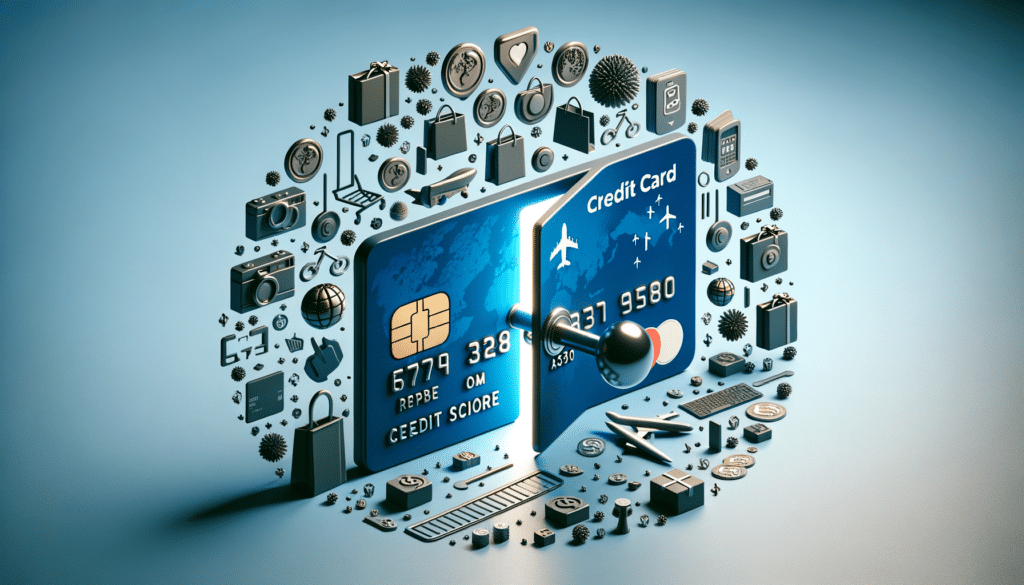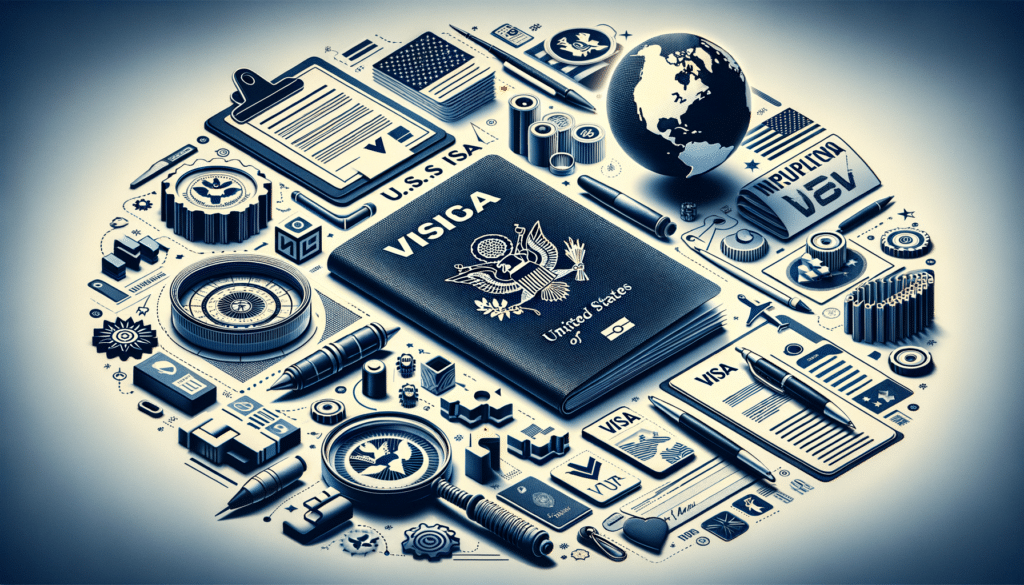Understanding the Basics of Credit Cards
Credit cards have become an integral part of modern financial systems, offering convenience and flexibility to consumers worldwide. At their core, credit cards are financial tools that allow users to borrow funds from a financial institution to make purchases. Unlike debit cards, which draw directly from a bank account, credit cards provide a line of credit that must be repaid, often with interest. Understanding the basics of how credit cards work is essential for anyone looking to use them effectively.
When you make a purchase with a credit card, the card issuer pays the merchant on your behalf. You then repay the issuer, either in full by the due date or over time with added interest. Credit cards come with a variety of terms, including interest rates, credit limits, and fees, which can significantly impact your financial health if not managed wisely.
Some key points to consider include:
- Interest Rates: Often referred to as the Annual Percentage Rate (APR), this is the cost of borrowing on the card if the balance is not paid in full each month.
- Credit Limit: The maximum amount you can borrow on the card. Exceeding this limit can result in fees and negatively impact your credit score.
- Fees: These can include annual fees, late payment fees, and foreign transaction fees, among others.
In conclusion, understanding these basic elements can help consumers make informed decisions about which credit card best suits their needs.
The Benefits of Using Credit Cards
Credit cards offer a range of benefits that can enhance your financial flexibility and provide various perks. One of the primary advantages is the ability to build a credit history. Regular, responsible use of a credit card helps establish a good credit score, which is crucial for securing loans, mortgages, and even rental agreements.
Additionally, many credit cards offer rewards programs, which can include cash back, travel points, or discounts on purchases. These rewards can add significant value to your spending, especially if you use the card for routine expenses.
Other benefits include:
- Purchase Protection: Many credit cards offer protection on purchases, including extended warranties, return protection, and fraud liability coverage.
- Convenience: Credit cards are widely accepted and can be used for online shopping, travel bookings, and emergency expenses.
- Emergency Funds: In case of unexpected expenses, a credit card can provide a temporary financial cushion.
While these benefits are attractive, it’s crucial to use credit cards responsibly to avoid debt accumulation and financial strain.
Potential Pitfalls and How to Avoid Them
Despite their benefits, credit cards can also pose potential risks if not used wisely. One of the most significant risks is accumulating debt. Since credit cards allow you to spend money you don’t currently have, it’s easy to overspend and accrue high-interest debt.
To avoid these pitfalls, consider the following strategies:
- Pay Balances in Full: Whenever possible, pay off your credit card balance in full each month to avoid interest charges.
- Track Your Spending: Keep a close eye on your spending habits and ensure you stay within your budget.
- Understand Terms and Conditions: Familiarize yourself with your card’s terms, including interest rates and fees, to avoid unexpected charges.
By adopting these practices, you can enjoy the benefits of credit cards while minimizing the risks.
Choosing the Right Credit Card for You
With a plethora of credit card options available, choosing the right one can be overwhelming. It’s important to assess your financial needs and spending habits before making a decision. Start by considering what you value most—whether it’s rewards, low interest rates, or credit-building opportunities.
Here are some tips to help you choose the right card:
- Evaluate Your Spending Habits: If you travel frequently, a card with travel rewards might be beneficial. For everyday purchases, consider a card with cash back incentives.
- Consider Fees: Some credit cards come with annual fees. Ensure the benefits outweigh these costs.
- Check the APR: If you plan to carry a balance, look for a card with a low APR to minimize interest costs.
By carefully evaluating these factors, you can select a credit card that aligns with your financial goals and lifestyle.
Credit Cards and Financial Health
Credit cards can play a pivotal role in your overall financial health. When used responsibly, they can help build a strong credit history, which is essential for major financial decisions like buying a home or car. A good credit score can lead to better loan terms and lower interest rates, saving you money in the long run.
To maintain financial health with credit cards, consider the following:
- Monitor Your Credit Score: Regularly check your credit score and report to ensure accuracy and identify areas for improvement.
- Set a Budget: Use your credit card as a tool to manage your budget, not as an extension of your income.
- Limit the Number of Cards: Having multiple credit cards can make it challenging to manage payments and track spending.
In summary, credit cards can be powerful financial tools when used wisely. They offer convenience, rewards, and opportunities to build credit, but it’s essential to remain vigilant and disciplined in their use to maintain financial health.





